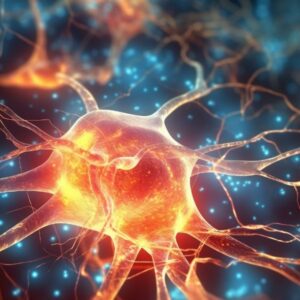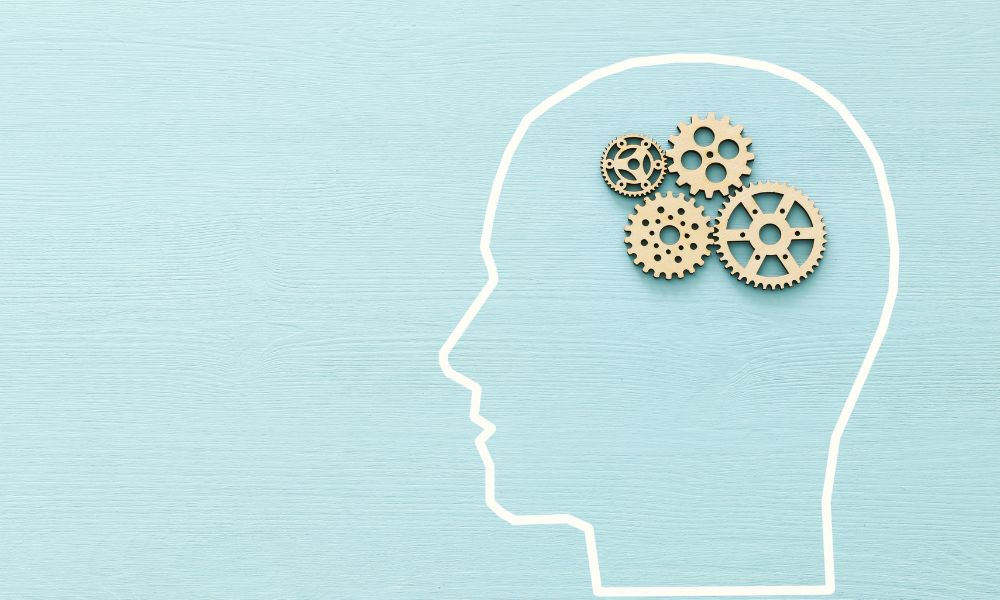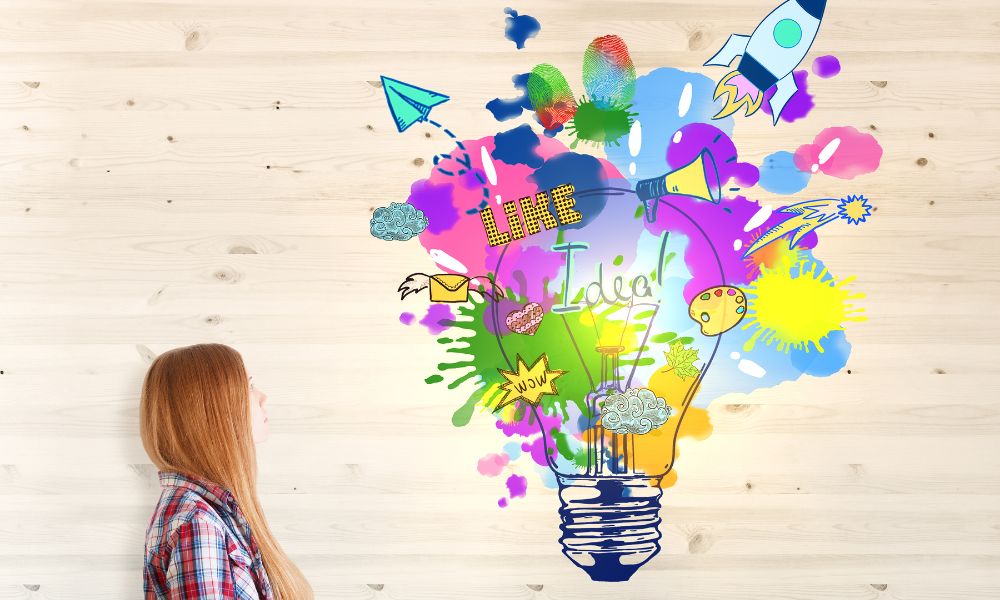
26 Jun How the ADHD Brain Works Differently and Why That’s Not Always a Bad Thing
THE ADHD BRAIN:
How It Works Differently and Why That’s Not Always a Bad Thing

How the ADHD Brain Works Differently and Why That’s Not Always a Bad Thing
Living with ADHD can be tough for anyone. But did you know an ADHD brain works differently than a typical brain? As awareness around ADHD has grown, research into how it operates has too. Let’s dive into how fascinating the ADHD brain is! We’ll explore the traits that make it unique and show how attitudes about this neurological disorder change.
Understanding the ADHD Brain: Neurological Differences
Did you know that the ADHD brain is completely unlike a typical brain? Understanding these differences is crucial in grasping why attention-deficit hyperactivity disorder affects individuals differently. Although researchers have not uncovered the reason behind ADHD in certain people, they have identified several neurological distinctions between the two types of brains. One of the biggest dissimilarities is the prefrontal cortex, which our brain uses for executive functions like planning, impulse control, and problem-solving. Research also shows that the brains of those with ADHD process sensory information slower, resulting in problems with concentration, focus, and attention.
These neurological differences are just one part of the puzzle regarding understanding ADHD. Despite these issues, many people with ADHD find that their unique neurological differences also give them valuable skills—like creativity, energy, and higher risk-taking abilities—that can lead to great success in life!
How the ADHD Brain Processes Information Differently
When it comes to the ADHD brain, neuroscientists have discovered that it works differently from the average brain. It is vital to note that this doesn’t mean that folks with ADHD have a “broken” brain or anything like that—it just means it processes information differently.
So, how does the ADHD brain work? Generally speaking, the prefrontal cortex—the part of the brain in charge of focus and executive functioning—works differently in those with ADHD. We know that this brain area helps us plan actions, make decisions, and manage our attention span and impulsiveness. When ADHD impairs this area, your actions become more impulsive, making it harder to focus on tasks for long periods.
More specifically, research has found that people with ADHD usually have an impaired ability to use certain neurotransmitters like dopamine more effectively. This means they need more external stimulation and feedback than people without ADHD to feel rewarded or motivated for a task, making day-to-day activities feel more difficult or uninteresting.
Though these differences may seem challenging at first glance, they also often bring about strengths like creativity and flexibility in problem-solving!

Strengths of the ADHD Brain: Creativity and Hyperfocus
It’s not all doom and gloom regarding the ADHD brain. There are several real positive aspects to the way it works.
➡ Creativity
Individuals with ADHD often show greater creative thinking skills, a trait particularly beneficial for those in design-related fields. They can draw on “divergent thinking,” which is the capacity to produce various responses to questions or situations.
Studies have proven that those with ADHD are better problem solvers than their more neurotypical peers and more successful entrepreneurs and inventors. In fact, 16 percent of entrepreneurs listed by the Harvard Business Review have been identified as having ADHD because of their propensity to develop creative solutions and take risks.
➡ Hyperfocus
Unlike ordinary folks who tend to get bored easily and lack motivation, once those with ADHD find something that interests them, they can focus on it for extended periods, a phenomenon known as hyperfocus. This allows those with ADHD to dig deep into stimulating and engaging activities, leading to great things like scientific discoveries and technological breakthroughs. A 2006 study conducted by Stanford University concluded that individuals with the disorder “had high levels of creativity in visual arts and music-related activities” due mostly to the heightened ability to avoid distractions generated by such tasks.
Harnessing the ADHD Brain’s Strengths: Tapping Into Creativity
What many people don’t realize is that there are definite advantages to the ADHD brain. For example, an active ADHD brain can be highly creative. With focused effort and the right skills, those with an ADHD brain can use that creativity to their advantage.
It’s worth noting that creativity is not limited only to those with an ADHD brain; in fact, research shows that many excel in areas like art and science without being diagnosed with Attention Deficit Hyperactivity Disorder (ADHD). However, it is true that individuals with ADHD have been known to possess a heightened level of creativity due to their unique way of thinking and focus on abstract ideas.
So how exactly can you harness your ADHD brain’s creativity?
➡ Focus on Tasks You Enjoy
One way of the best way to tap into your creativity is to focus on tasks that you enjoy and that bring you joy. Enjoying tasks will help you get in the flow state, which allows for improved productivity and creativity. By engaging in something that brings you passion, your brain will have less chance of being distracted and wandering off on tangents, which can hinder productivity.
➡ Practice Mindful Meditation
Another great way of tapping into your creativity is practicing mindful meditation. This type of meditation helps calm your mind. It allows creative ideas and information from different sources to enter your thought processes—essential for anyone looking for innovative solutions or projects.
Harnessing the strengths of an ADHD brain takes practice, but once mastered, the results can be amazing! So why not give it a try?

➡ Leveraging Your ADHD Brain’s Differences for Success
It is no secret that ADHD brains work differently than most—but that doesn’t mean success is out of reach. Some research over the years suggests that ADHD brains can be leveraged uniquely to drive success.
➡ Impulse Control and Risk-Taking
You’ve probably heard people say that those with ADHD often have trouble with impulse control—while this is true, it is also important to note that impulsivity can sometimes work in your favor. Proper channeling can drive risk-taking behaviors that could benefit you professionally. A 2018 study found that those with ADHD were more likely to take on risky projects, cope better with frustration, and have greater mental flexibility than their non-ADHD counterparts.
➡ Outside-the-box Thinking & Reducing Risk
ADHD brains are often known for their unique perspective and creative approaches to problem-solving. So if you are looking for a new perspective, tapping into your ADHD brain could be key. It could help reduce risk in business decisions and open up many opportunities for innovation and creative solutions—thanks to the fine details only you can provide.
By investing in tools like medication or cognitive behavioral therapy (CBT), you can better understand how your brain functions and how to use your differences to your advantage. With the right tools, it is possible to achieve success and thrive—regardless of your diagnosis.
Conclusion
In conclusion, understanding how the ADHD brain works differently is essential for effectively managing the condition. It can be challenging for those with ADHD to live with their neurological differences, but it is important to recognize and harness the positive aspects of the ADHD brain and use them to one’s advantage. With the right strategies, those with ADHD can learn to take hold and control of their own lives and utilize their gifts to create success.
Craig Selinger
Latest posts by Craig Selinger (see all)
- Psychotherapy and Support Services at Cope With School NYC - April 12, 2024
- NYC Parents of Teens Support Group - April 8, 2024
- Here I Am, I Am Me: An Illustrated Guide to Mental Health - April 4, 2024


No Comments